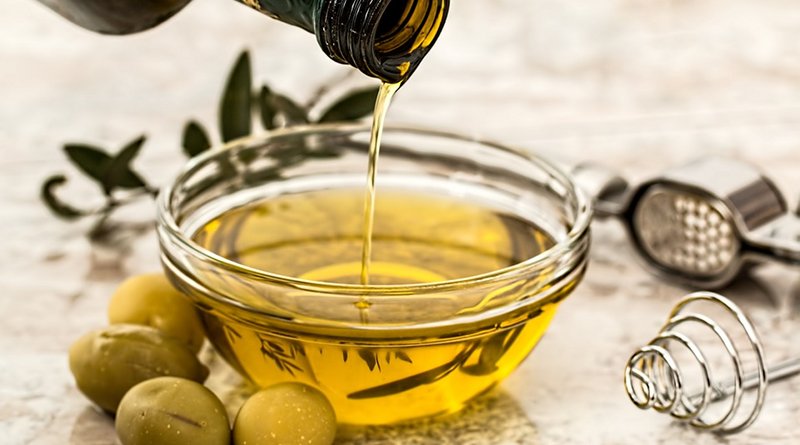Precision Farming ‘Saved’ Extra Virgin Olive Oil, Greek Producers Say
By EurActiv
By Sarantis Michalopoulos
(EurActiv) — Precision farming practices have helped Greek extra virgin olive oil growers keep overhead cost low and ultimately ‘save’ the product from mounting pressure on its market price, EURACTIV Greece’s media partner Ypaithros Chora reported.
In a report, the newspaper, which specialises in agricultural issues, said precision farming has managed to significantly decrease production costs especially in the olive oil sector in Greece, while simultaneously increase the quality of the product.
Greece’s olive oil sector has been under pressure due to the low price on the market. The sector says the price is disproportionally low compared to the quality of the product.
Spanish farming association Unión de Uniones (UDU) recently complained that the price of extra virgin olive oil is considerably higher in Italy (€469.8 per 100 kilos) than in Spain (€221.1 per 100 kilos) or in Greece (€260.1 per 100 kilos).
In September, the Spanish press reported that the association would ask the Commission to investigate potential disruption in the olive oil market, hinting that Italy was enjoying a more favourable treatment in comparison to other producers like Spain and Greece.
In an effort to face the low price challenge, a cooperative in Greece’s Peloponnese has applied precision farming practices to at least reduce costs.
Konstantinos Panagiotopoulos, a business advisor to Extra Virgin Olive Oil Producers’ Group from Geraki Ilias, said only smart farming can significantly reduce the cost of cultivation and help growers make ends meet, even in cases where the market price is low, as is the case today.
“Smart farming is the only tool available to the producer or a group of producers to defend themselves against any condition, whether environmental or soil-based, or even when it comes to ‘games’ on the market that keep the price of a product low,” he said.
Based on the concept “produce more with less”, precision farming tools such as sensors or drones, aim to focus on the slightest detail of a farm.
Contrary to traditional farming, in which spraying pesticides, for instance, was applied to the entire field, precision farming helps map the real needs of each parcel and spray pesticides accordingly.
It is hoped that these technologies will help increase yields or reduce production costs in the long term, but also help farmers better meet new, more stringent environmental requirements.
However, it’s still unclear how this will practically be applied in the new CAP, considering that the new delivery model basically throws the ball to the member states’ court to “go digital”.

